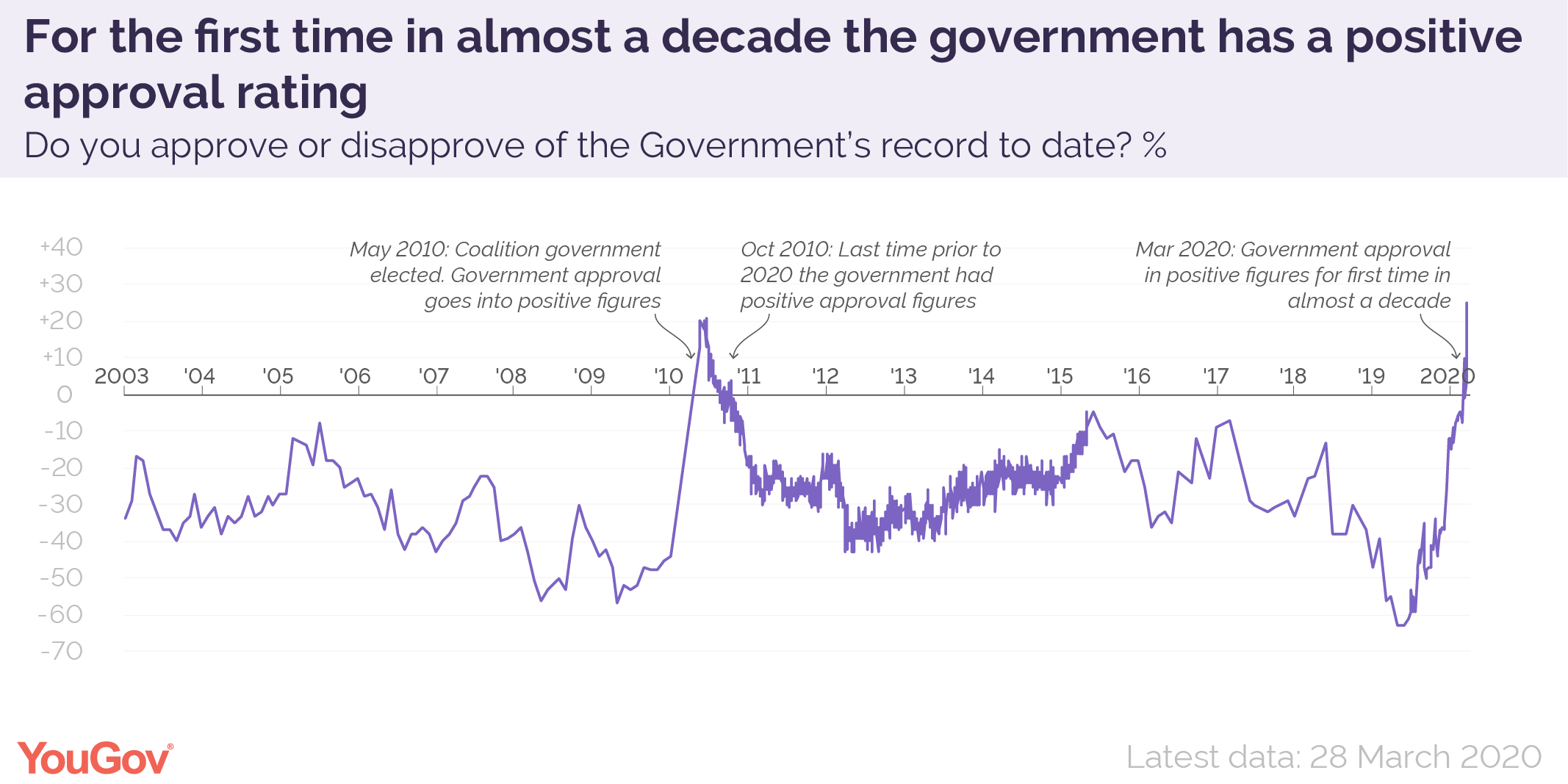Analysis are always interesting, so it should definitely be done but I don't really like the idea of starting anything with a predetermined outcome, in this case that someone is definitely punishable. I do believe that organizational theories will have to be rethunk and when it comes to medical equipements, gears and essential drugs we will have to follow the same logic that we have with energy where most developed countries have substantial reserves and can last several months without new supplies. But when it comes to the actual organization of people, it gets a lot more complicated, lockdowns have a massive impact on households finances and small businesses, each airport or care home director could follow very stringent health policies when there is an epidemy on an other continent but you just need one person that doesn't follow instructions to create a cluster and that person could be anyone, a resident, an employee or a traveller.
On a side note, I also believe that we should have a medical/paramedical service, it's a lot more useful than a military service and in case of pandemics, it would be very useful to be able to maybe double the staff in health services.




